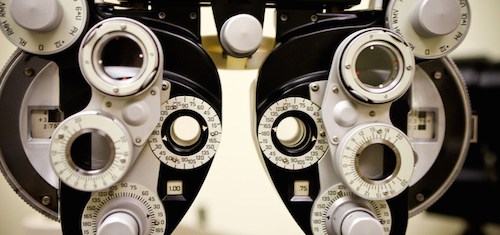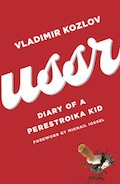
burst
It was happening. Right then, happening. They’d been warning me for a long time, and yet. I was paralyzed, my sweaty hands clutching at the air, while the people in the living room went on talking, roaring with laughter—even their whispers were exaggerated, while I. And someone shouted louder than the rest, turn the music down, don’t make so much noise or the neighbors’ll call the cops at midnight. I focused in on that thundering voice that never seemed to tire of repeating that even on Saturdays the neighbors went to bed early. Those gringos weren’t night owls like us, party people to the core. Good protestant folks who would indeed protest if we kept them from their sleep. On the other side of the walls, above our bodies and under our feet, too, these gringos—so used to greeting dawn with their socks on and shoes already tied—were restless. Gringos who sat down in their impeccable underwear and ironed faces to eat their breakfasts of cereal with cold milk. But none of us were worried about those sleepless gringos, their heads buried under pillows, their throats stuffed with pills that would bring no relief as long as we kept trampling their rest. If the people in the living room went on trampling, that is, not me. I was still in the bedroom, kneeling, my arm stretched out toward the floor. In that instant, precisely, in that half-light, in that commotion, I found myself thinking about the neighbors’ oppressive sleeplessness, imagining them as they turned out the lights after stuffing earplugs in their ears, how they’d push them in so hard the silicone would burst. I thought I would much rather have been the one with broken earplugs, the one with eardrums pierced by shards. I would rather have been the old woman resolutely placing the mask over her eyelids, only to yank it off again and switch on the light. I wished for that while my still-suspended hand encountered nothing. There was only the alcoholic laughter coming through the walls and spattering me with saliva. Only Manuela’s strident voice yelling over the noise for the umpteenth time, Come on, guys, keep it down a little. No, please don’t, I said to myself, keep talking, keep shouting, howl, growl if you must. Die laughing. That’s what I said to myself, my body seized up though only a few seconds had passed. I’d only just come into the master bedroom, just leaned over to search for my purse and the syringe. I had to give myself an injection at twelve o’clock sharp but now I wouldn’t make it, because the pile of precariously balanced coats let my purse slide to the floor, because instead of stopping conscientiously, as I should have, I bent over and reached to pick it up. And then a firecracker went off in my head. But no, it was no fire I was seeing, it was blood spilling out inside my eye. The most shockingly beautiful blood I have ever seen. The most outrageous. The most terrifying. The blood gushed, but only I could see it. With absolute clarity I watched as it thickened, I saw the pressure rise, I watched as I got dizzy, I saw my stomach turn, saw that I was starting to retch, and even so. I didn’t straighten up or move an inch, didn’t even try to breathe while I watched the show. Because that was the last thing I would see, that night, through that eye: a deep, black blood. Continue reading →





